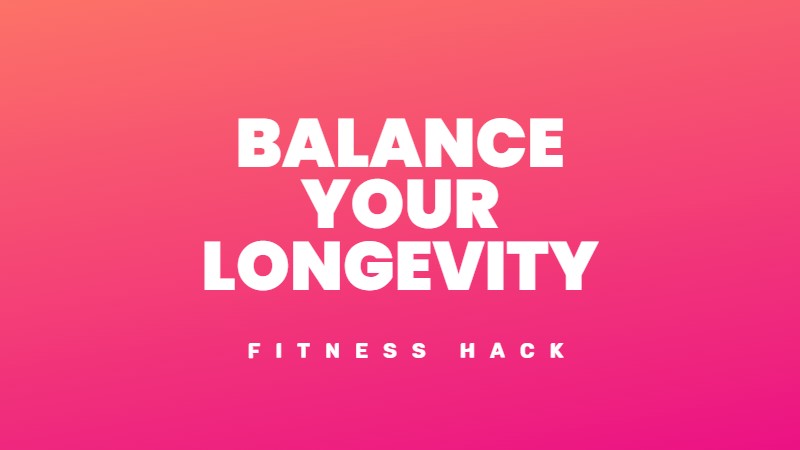Last winter, I, the same person who believed “good morning” was a contradiction, found myself waking up at 6 AM by choice.
My transformation didn’t happen overnight. It started when I stopped fighting my body’s natural rhythms and instead learned what science tells us about sleep patterns. I abandoned the guilt trips about not falling asleep early enough. I stopped comparing myself to those annoying people who bounce out of bed at dawn.
Morning people aren’t born—they’re built.
How to turn yourself into a morning person
Not everyone jumps out of bed ready to start the day. Many of us hit snooze multiple times and drag ourselves to the coffee pot. But what if you want to join the ranks of early risers? Maybe work demands it, or you want those peaceful morning hours for yourself.
Good news. You don’t need to suffer through this change. Science offers practical ways to reset your body clock without the misery.
Start with why
Success doesn’t require waking at dawn. The most successful people wake up when it works best for them. What matters is what you achieve during your working hours, not when those hours begin.
Yet sometimes life demands an earlier schedule. Maybe you need to match client time zones or run a business that starts early. When your schedule isn’t flexible, becoming a morning person helps you feel better and accomplish more.
Let your sleep pattern adjust naturally
When you know you must wake up early, trying to force yourself to sleep earlier usually backfires. Your mind races with thoughts about how much you need to sleep, making actual sleep impossible.
Do the following:
Your body will adapt gradually without the stress of lying awake, watching the clock.
1. Morning exercise changes everything
Starting your day with physical activity might sound painful, but it works wonders. Research shows that just 20 minutes of moderate exercise improves your mood for up to 12 hours afterward.
Researchers found that aerobic activity with an average heart rate around 112 beats per minute (moderate intensity) made participants feel better all day long.
“Moderate intensity aerobic exercise improves mood immediately and those improvements can last up to 12 hours.”
Exercise also creates new brain cells and makes them more effective. Plus, working out in a fasting state burns more fat.
The workout itself might feel tough, but it makes the rest of your day much better.
2. Protein-rich breakfast boosts your motivation
What you eat matters as much as when you wake up. A protein-rich breakfast naturally increases dopamine levels in your brain.
Most people think dopamine controls pleasure, but research shows it actually regulates motivation, helping you start tasks and stick with them. That’s exactly what you need in the morning.
Skip the sugary cereals and pastries. Opt for eggs, Greek yogurt or a protein smoothie instead.
3. Light signals your brain
When you wake before dawn, bright lights might feel harsh. Turn them on anyway.
Light tells your body to stop making melatonin, the hormone that makes you sleepy. More light means more alertness.
Turn on plenty of lights in your home and workspace. Open curtains as soon as the sun rises. This simple step helps reset your internal clock faster.
4. Skip the nap
When transitioning to an earlier schedule, afternoon naps tempt you with sweet relief. Resist them.
Napping makes it harder to fall asleep at night, which delays your body’s adjustment to the new schedule. To help your sleep cycle reset faster, push through the afternoon tiredness for a few days.
5. Start with something you love
Begin each morning with something that excites you. As Ernest Hemingway said about writing:
“The best way is always to stop when you are going good and when you know what will happen next. If you do that every day… you will never be stuck.”
This advice works for any task. When you end your workday knowing exactly what you’ll do tomorrow, you’ll wake up excited to continue.
If that’s not possible, plan to accomplish something important first thing each morning. Completing a meaningful task creates momentum that carries you through the rest of your day.
The bottom line
Most “natural” morning people weren’t born that way. They built the habit through consistent practice. With these science-backed methods, you can join them without the suffering most people associate with early mornings.
Give it time to adjust, and waking early will feel as natural as sleeping in once did.




Leave feedback about this